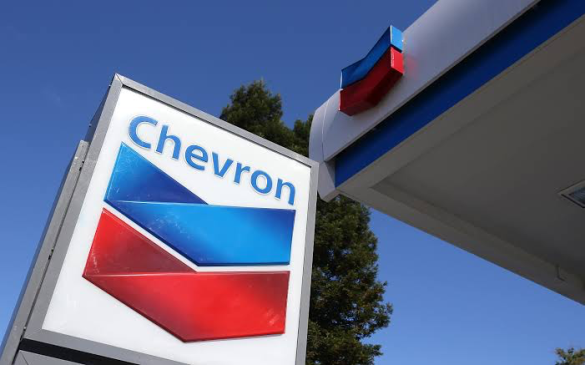Chevron Corp, one of the world’s largest oil and gas companies, announced on Wednesday that it expects to spend between $18.5 billion and $19.5 billion on new projects in 2024, an 11% increase from this year’s budget. The company said its spending plan includes between $15.5 billion and $16.5 billion for its own operations, and another $3 billion for its affiliates, mainly for a major project in Kazakhstan.
Chevron’s higher spending reflects its continuing rebound after the pandemic-induced slump in energy demand, as well as its recent acquisitions of rival Hess Corp and shale producer PDC Energy, which will boost its output and reserves in the U.S. and Guyana.
According to a report by Reuters, the company also said it is committed to reducing its carbon emissions and investing in low-carbon technologies, such as renewable fuels, hydrogen, and carbon capture. Chevron intends to increase its share repurchases by $2.5 billion to $20 billion per year once the Hess deal closes, which is expected next year.
The oil major did not provide a new forecast for its production next year, but previously said that the two deals would bring its total output to about 3.7 million barrels per day. Chevron’s spending plan is similar to that of its rival Exxon Mobil, which also plans to increase its capital expenditure to between $22 billion and $27 billion annually through 2027.
Both companies are benefiting from higher energy prices and cost-cutting measures implemented during the pandemic. However, their combined spending is still about half of what they spent in 2013, when oil prices often traded above $100 per barrel.
Chevron plans to spend about half of its budget in the U.S., as it focuses on its fast-growing Permian shale operation, which will receive about $5 billion, and its Gulf of Mexico projects, which will get more than $2 billion.
The company also said that about 80% of its refining and chemicals spending, which amounts to $1.5 billion, will be allocated in the U.S. Chevron’s announcement comes amid growing pressure from investors, regulators, and activists to address the climate crisis and transition to a low-carbon economy.
The company faces a lawsuit from the state of California, which accuses it of misleading consumers about its environmental impact and role in causing global warming. Chevron has also been criticized by some shareholders for not setting more ambitious targets to reduce its greenhouse gas emissions and align with the Paris Agreement.
The company has said it supports the goals of the Paris Agreement and is taking action to lower its carbon intensity and invest in clean energy solutions.
Chevron’s CEO Mike Wirth said in a statement that the company is “delivering higher returns, lower carbon and stronger cash flows” and is “well positioned to thrive in any market environment.”



